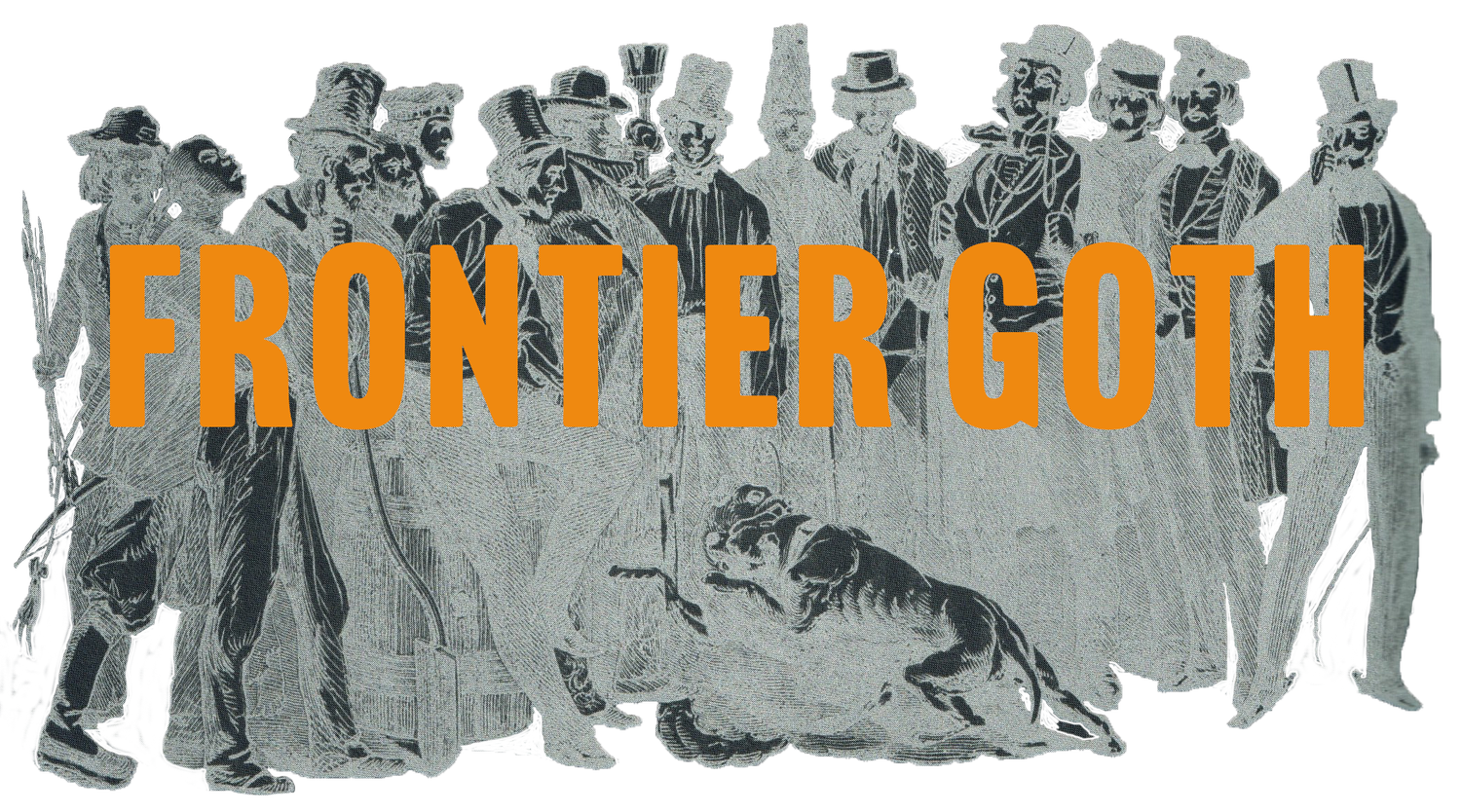William H. Mahone of Virginia: An Intellectual Biography, 1830 - 1890 by John Fabian Chappo
“Republicans like Jefferson and Madison, drawing in some measure from Old World moralists like Jean Jacques Rousseau—those that loathed greed, self promotion, and the general overall sickness that civilization seemed to contract every time commercial society coughed—began to ‘direct especially close attention’ to the four stages theory of government and the ‘progress, growth, and decay of societies’ that resulted from commercial development.
Put forth by Thomas Malthus, the four stages theory—hunting, pasturage, agriculture, and commerce—held that societies progressed through four stages of production. As they proceeded from the most primitive, hunting, to the most fully developed, commerce and its finer manufactures, advanced divisions of labor appeared alongside the luxury they produced. As luxury items became more readily available, men attached a special value to them. Once luxury items became a societal marker for status and/or success, the decay of society became imminent because the degree of separation between those that owned the wealth and those that produced it would be so great. Jefferson and Madison firmly believed, therefore, as had Rousseau before them, that ‘modern commercial society created a multitude of artificial needs and desires in men to which they became enslaved’—a notion quite antithetical to any republican form of government or classical republicanism in general.
Beyond the avarice and greed that the final stage of Malthusian theory allegedly unleashed, Jeffersonians waxed hard about how best to deal with the specter of a swelling class of laboring poor that was rising, especially in the New England states, from large-scale manufacturing enterprises. Echoing the work of Scottish sociological historian Adam Ferguson, Jeffersonians, too, maintained that in ‘every commercial state, notwithstanding any pretension to equal rights, the exultation of the few must depress the many.’ They reasoned, therefore, that as commerce and industry expanded, husbandmen would be drawn away from their fields and light household manufactures—occupations deemed by them to be virtuous—into the towns and cities. Once drawn into the urban industrial complex, they would become part of a mega-machinery that extracted their sovereignty, led to their moral decline, and aged in otherwise youthful disposition within their communities.”
John Fabian Chappo, 2007



